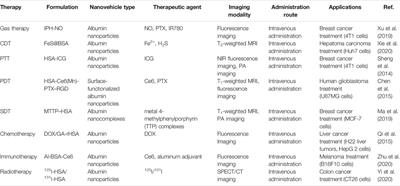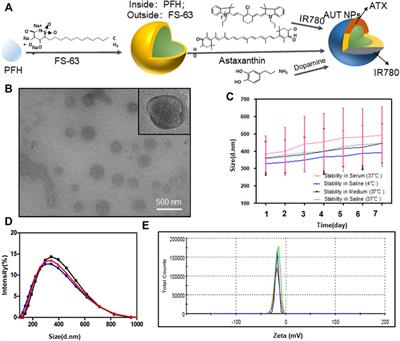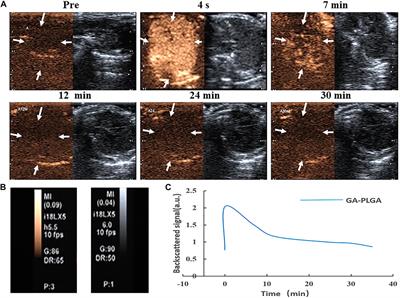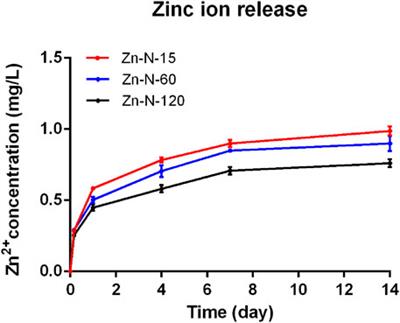REVIEW
Published on 18 Nov 2021
Recent Advancements in Serum Albumin-Based Nanovehicles Toward Potential Cancer Diagnosis and Therapy

doi 10.3389/fchem.2021.746646
- 5,626 views
- 44 citations
4,643
Total downloads
15k
Total views and downloads
REVIEW
Published on 18 Nov 2021

ORIGINAL RESEARCH
Published on 21 Oct 2021

ORIGINAL RESEARCH
Published on 15 Sep 2021

ORIGINAL RESEARCH
Published on 01 Sep 2021

